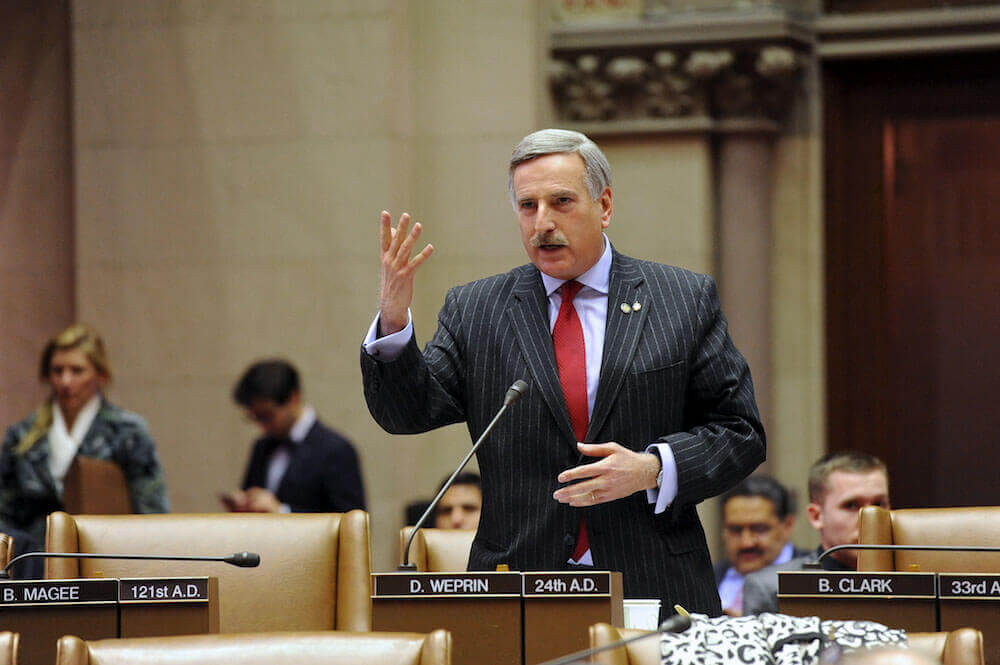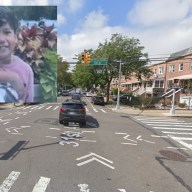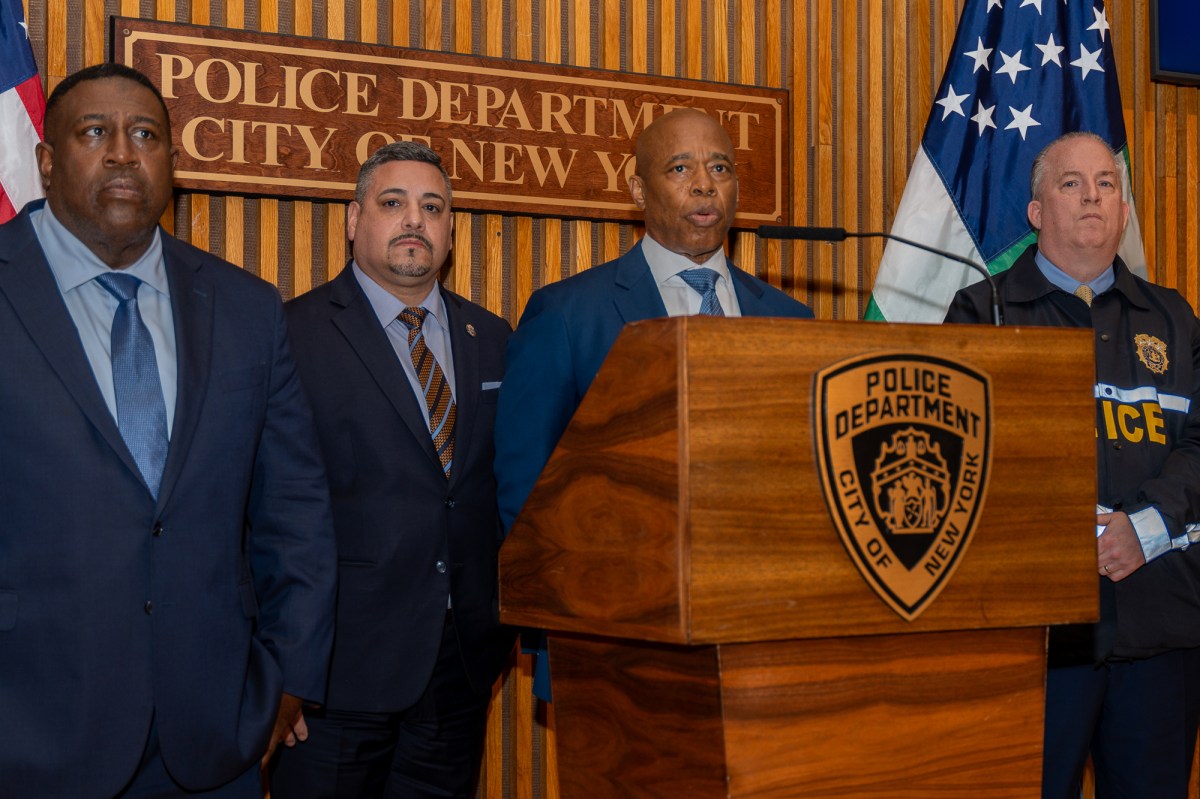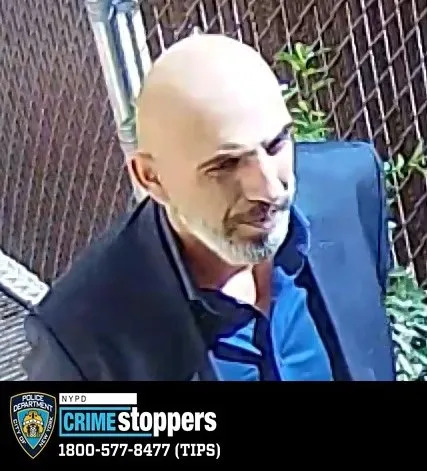By Rich Bockmann
Queens led a citywide increase in foreclosures during the second quarter of the year, and while the current numbers are down dramatically since the state implemented stricter filing rules in 2010, thousands of cases have languished since then in the so-called “shadow docket,” making it difficult for homeowners to save their mortgages, according to recent reports.
The 106 residential foreclosure auctions scheduled in Queens from April through June — the largest concentration of which was found in southeast Queens — accounted for 42 percent of the city’s total foreclosures, and represented a 31-percent increase for the borough over the first quarter, according to the independent real-estate website propertyshark.com.
The numbers in the borough are down 73 percent from the height of the foreclosure crisis in the third quarter of 2010, due for the most part to stricter rules implemented to put a halt to robo-signings, where mortgage holders would sign off on thousands of foreclosure cases without verifying all the proper paperwork.
In October 2010, the chief judge of the state Court of Appeals issued a new rule that required lawyers representing plaintiffs in foreclosure cases to sign an affirmation that they had reviewed and verified all the documents at the time they initiated the lawsuit.
Once a homeowner becomes delinquent and the mortgage falls into arrears, attorneys for the lender summons the borrower and file a complaint with the court, officially filing a foreclosure case. The next step, in theory, is for the plaintiffs to file the affirmation and a Request for Judicial Intervention, which gives both parties 60 days until they enter a settlement conference where, according to experts, homeowners have their best shot at modifying their loans under court supervision and with access to federally approved housing counseling and free legal services.
According to attorneys at the non-profit MFY Legal Services based in Manhattan, plaintiffs by and large could not verify the documents and stopped filing RJIs, leaving borrowers hanging in limbo in the court system.
A study by MFY in April 2012 found that almost 75 percent of cases filed in Queens and Brooklyn in October 2011 — one year after the rule was implemented — were held up in the courts in what is known as the “shadow docket.”
MFY attorney Elizabeth Lynch, the report’s lead author, said the arrears on mortgages in the shadow docket can get so large that it becomes mathematically impossible to meet the guidelines for federal aid.
The report also found that 12 percent of cases filed in November 2010 and March 2011 were discontinued with no reason given, meaning homeowners must pay interest and fees while waiting for the loan servicer to re-file the case.
“This practice — filing foreclosure complaints, allowing them to languish for a year or more and then discontinuing them — further undermines the New York state Legislature’s intention in creating the foreclosure settlement conference in the first place: to facilitate loan modification negotiations early in the process, under the court’s guidance, in order to avoid unnecessary foreclosures and further economic hardship,” Lynch wrote in the report.
The report did note that once a plaintiff files an RJI, Queens Supreme Court scheduled a settlement conference in a relatively short period of time.
The Queens court recently implemented a pilot program to help move cases out of the shadow docket through the system.
MFY Legal Services provides a foreclosure prevention hotline at 212-417-3777 Wednesdays from 2 p.m. to 5 p.m.
Reach reporter Rich Bockmann by e-mail at rbockmann@cnglocal.com or by phone at 718-260-4574.


































